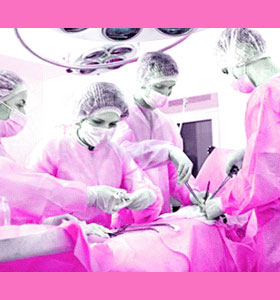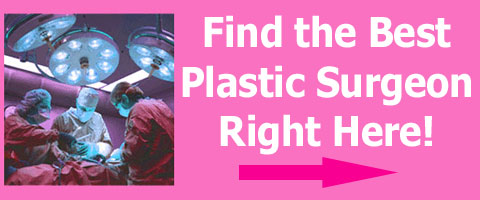
Plastic and reconstructive surgery is the original classification for what would become the much larger and more diversified aesthetic surgery sector. Plastic surgery originally was designed to repair anatomical damage from disease, injury and congenital conditions, but eventually expanded to include modern cosmetic surgery. Although many plastic surgeons still focus on restorative procedures and bodily repairs, the majority have crossed the line into working in the cosmetic sector, as well, with very few exceptions. This has much to do with demand and profitability of cosmetic operations.
Remember, medicine has become a business venture now, more than ever before.
What is Plastic and Reconstructive Surgery?
Plastic surgery and reconstructive surgery are related facets of the aesthetic medical market. These specialties involve using surgical interventions to improve the aesthetics and functionality of atypical or damaged body parts.
The reasons for undergoing plastic surgery are incredibly numerous and range from traumatic injury suffered from violence, or some sort of accident, to a congenital or developmental abnormality, to repairing the ravages of disease.
Plastic surgery is used throughout the anatomy and is generally covered by most health insurance plans, since it improves the quality of life by making functional enhancements, not simply optional aesthetic changes.
To simplify the distinction between plastic surgery and cosmetic surgery, just remember this simple fact:
If a procedure is designed to return a body part to a normal state, or a typical state, instead of a damaged or abnormal state, then it is considered plastic surgery.
If a body part is operated upon simply to make optional aesthetic changes to it, despite it being normal and healthy, then it is considered cosmetic surgery.
Plastic Surgery Specialists
Some care providers still remain dedicated exclusively to the plastic surgery industry and have not crossed over to perform any cosmetic procedures. Some of the focused professionals who choose this path may include burn specialists, cleft palate repair specialists and problematic scar treatment experts.
However, most of the physicians working in the plastic surgery industry also use their skills to improve the typical anatomies of patients, using purely cosmetic techniques.
The main draw for doctors to make the leap is purely financial, but most realize just how important their cosmetic modalities are, once they have seen the incredible changes they can make in the lives of their patients.
Just because a procedure is purely cosmetic, does not mean that it is any less important or that its mindbody effects will be diminished it any way.
Humanitarian Plastic and Reconstructive Surgery
Plastic and reconstructive interventions lack the cookie-cutter approaches of many cosmetic procedures. The majority of the case work in plastic surgery is incredibly personal and individualized. Every patient will present unique challenges in designing and executing procedures which will work well for their specific needs.
To learn more about the full range of plastic surgery or reconstructive surgery techniques available to you, or a loved one, consult with a qualified board certified plastic surgeon today.
You will be amazed how treating the body will not only improve the anatomical function, but will also have positive and lasting effects on the mind and spirit.



